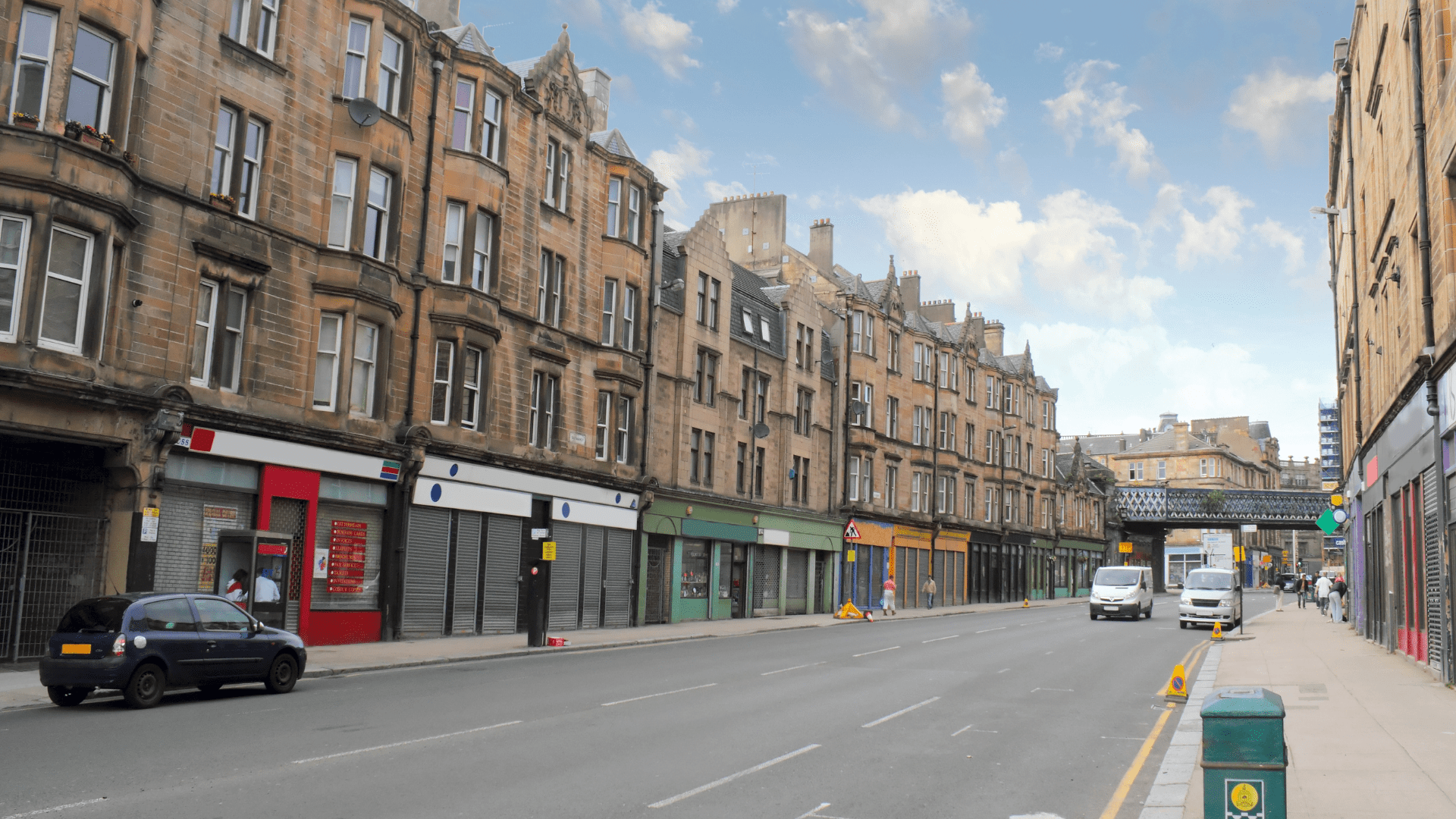The United Kingdom’s homes are some of the oldest in the world, and they are also some of the worst-insulated. Scottish universities, the Glasgow City Council, and the West of Scotland Housing Association are collaborating to heat the homes by replacing gas boilers with electric wallpaper.
Electric Wallpaper

In Glasgow, electric wallpaper is piloted in 12 tenement properties or apartment buildings with multiple rooms. They are testing the electric wallpaper’s effectiveness as a clean heat source. The technology uses the Internet of Things and AI data analytics to collect information on efficiency, comfort, and tenant feedback. “We have been trialing this technology for a few months now and have had excellent feedback from our tenants where this has been installed,” said Andrew Kubski, Director of Development and Asset Management for West of Scotland Housing Association.
Electric wallpaper is a thin surface with strips of copper and graphene that emits infrared radiation, which can warm a house without releasing any emissions. According to a report from Interesting Engineering, electricity could be sourced from offshore wind farms, making it clean energy.
Additionally, the wallpaper can be fixed to the ceiling with little hassle, and the room will be heated within a few minutes. Most importantly, the heat doesn’t release combustion fumes, ultimately deteriorating the room’s air quality.
Cutting Carbon
Scotland is trying to accelerate its transition to cleaner energy, aiming to reach net zero by 2045. Many of Scotland’s carbon burdens come from heating many of these old homes. Because of the poor insulation, the country burns more fossil fuels to heat these homes. On average, homes in Scotland lose heat three times faster than relatively newer housing built in Europe. As a result, heating the old houses makes up for nearly 36 percent of Scotland’s annual carbon emissions. A lot needs to be done if they want to hit a net zero goal by 2045.
“Scotland’s ambitious net zero targets demand a bold and integrated approach,” said Professor Lisanne Gibson, Vice-Principal of Research at the University of Dundee. “These projects are a crucial step in our journey towards a more sustainable and equitable future, not just for Scotland, but globally.”







